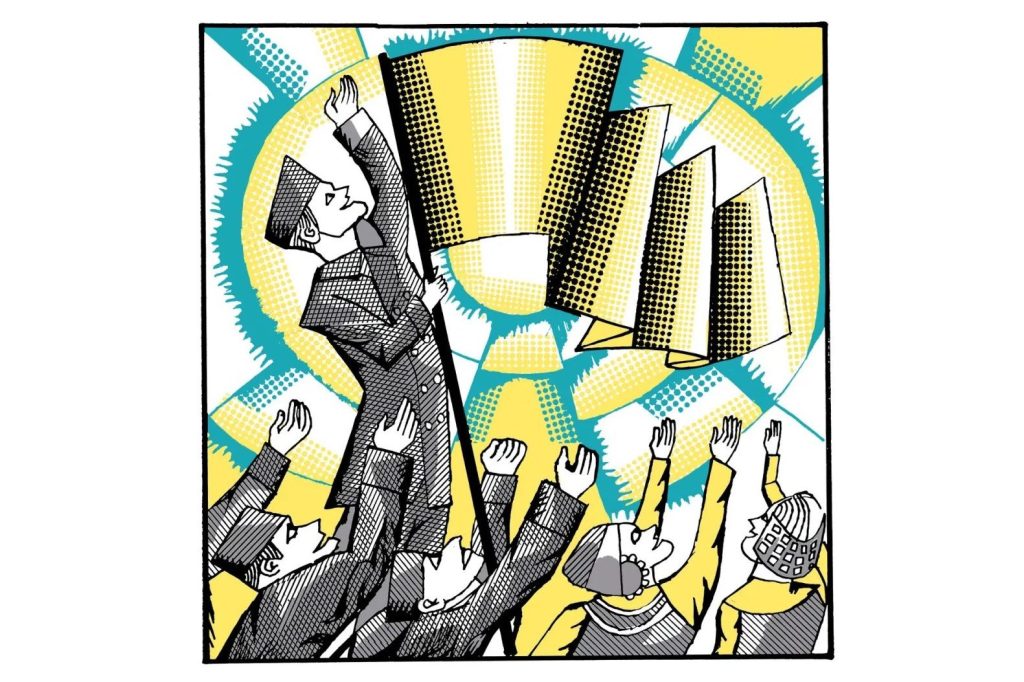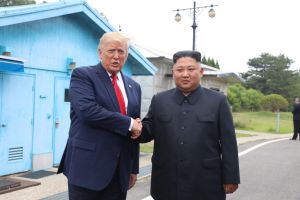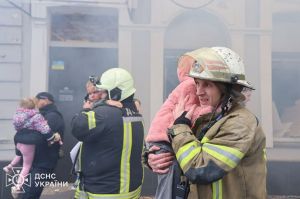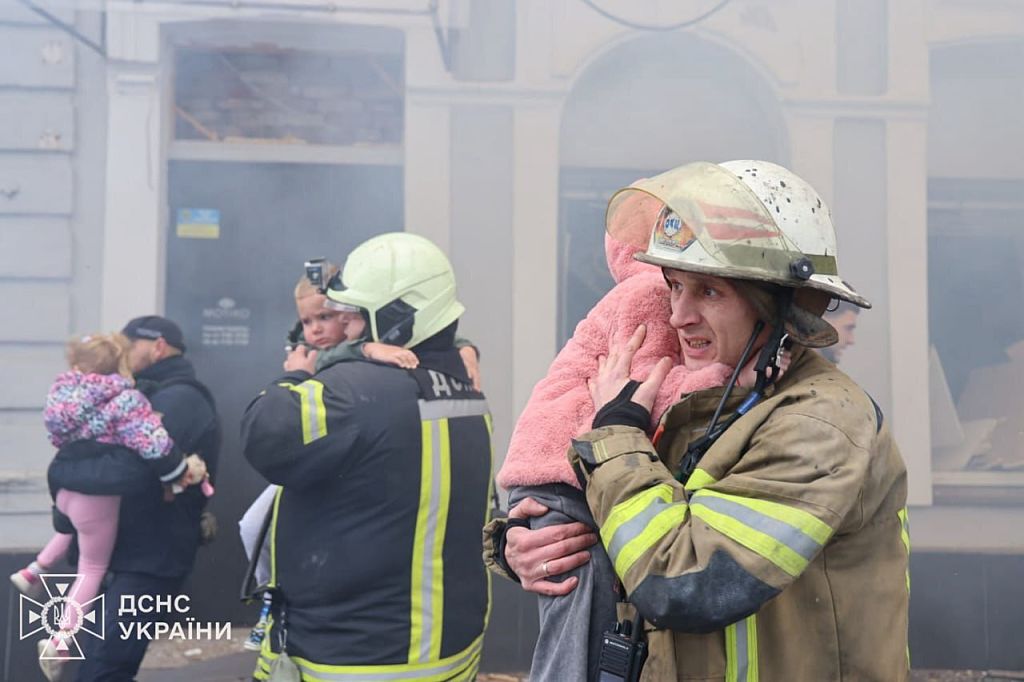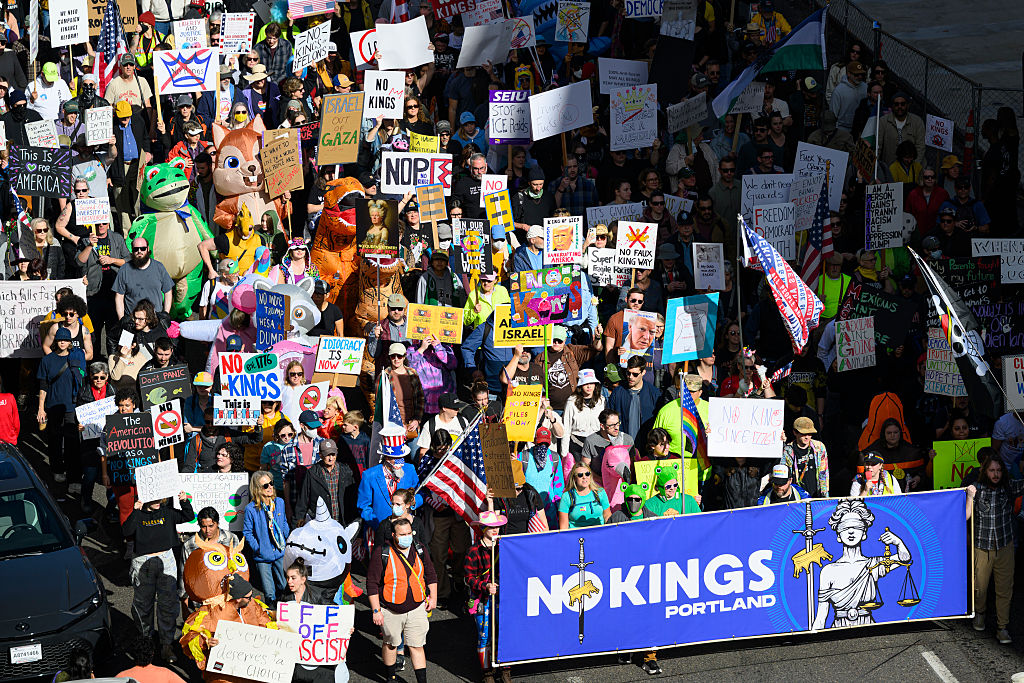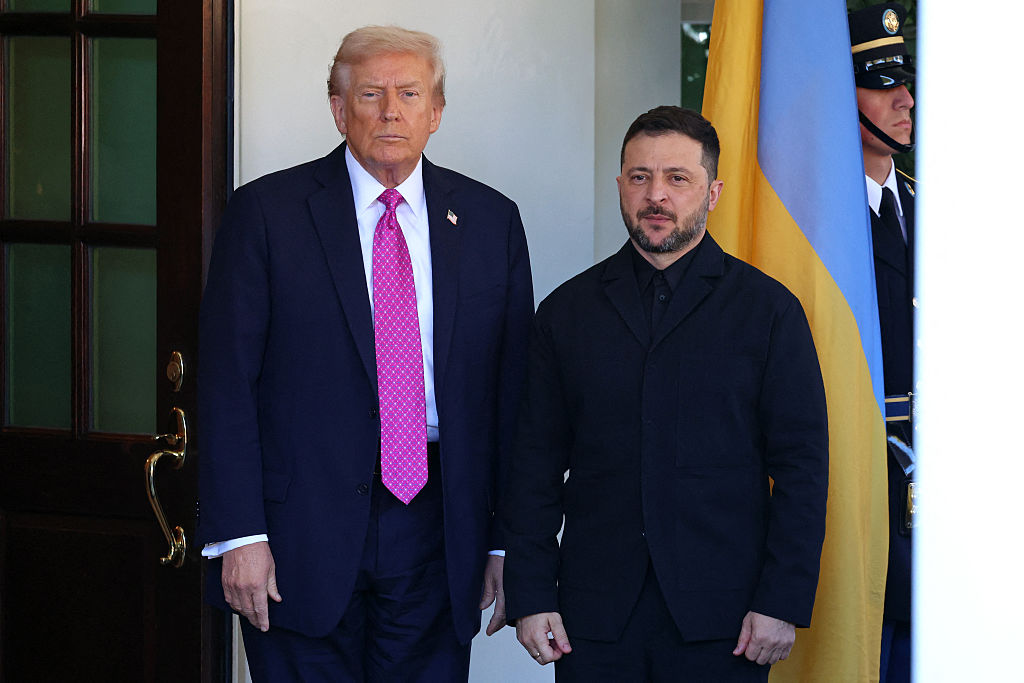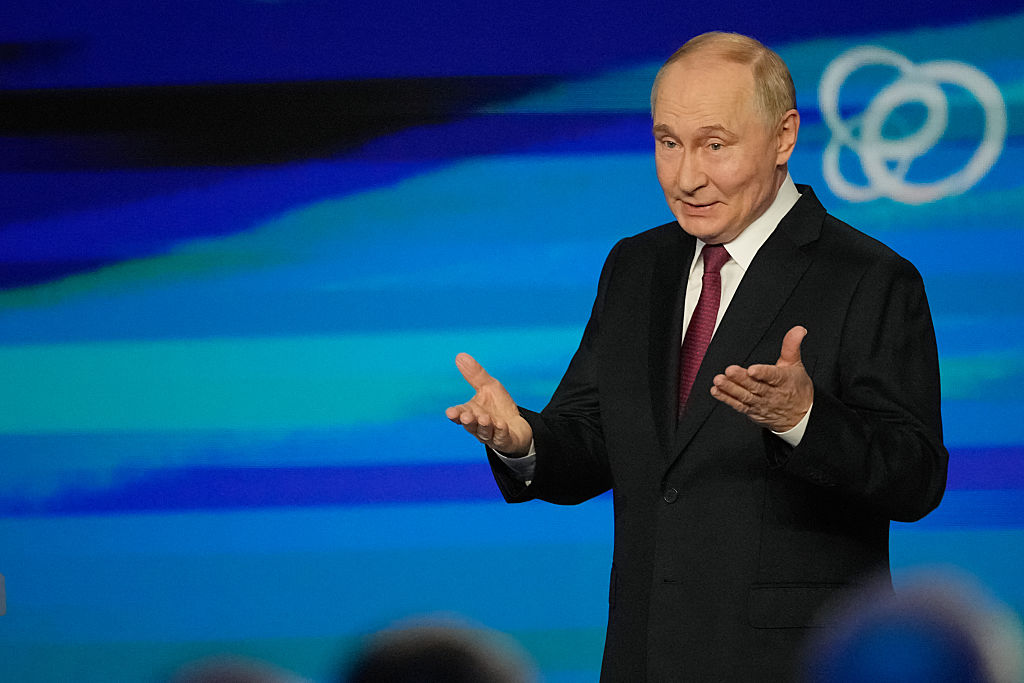There is a dream called the Republic of Ingermanlandia. This republic’s values will be European, its borders will be open and it will prosper like its neighbor Estonia on the back of a booming digital economy. For the moment Ingermanlandia is better known as Russia’s Leningrad Region, and its capital as St. Petersburg. But soon, promises Maxim Kuzakhmetov, a leader of the Ingria Without Borders independence movement, Russia will suffer “catastrophic defeat in Ukraine and will collapse like the USSR, or like all the empires who lost World War One” and disintegrate into its constituent regions.
This month in London and Paris, exiled activists from more than forty regions of Russia gather for the Free Nations of Post-Russia Forum. They will include independence campaigners from the North Caucasus, from Turkic republics of the Middle Volga, the descendants of Finnic peoples in the Russian far north and ethnically Asian Buddhists from southern Siberia and the Urals. The activists have a wide variety of backgrounds, but their agenda for the meeting is clear enough: to plan for a post-imperial Russia where all their nations, as well as the various regions of central Russia itself, will be independent and free.
‘Russia is an aggressor and a terrorist state. It’s the last European empire in an age when no empires exist’
On one level, the idea of dismantling the Russian empire as a punishment for Putin’s imperial overreach in Ukraine carries the satisfying smack of karmic justice. Imperial hubris will be followed by post-imperial nemesis — and the decolonizing of the hearts and minds of millions of Russian citizens. “The Russian empire, the Soviet empire, Putin’s empire — all have been terribly evil and must be dismembered so that they can’t attack anyone any more,” says Kuzakhmetov, a fifty-four-year-old native of St. Petersburg who worked for the liberal Echo Moskvy radio station before he fled Russia with his family in March last year. “Russia is an aggressor and a terrorist state. It’s the last European empire in an age when no empires exist.” Or as Paul Goble, a former advisor to the US State Department in the 1980s and one of the few analysts to predict the collapse of the USSR, put it earlier this year: “Regionalism is going to be the nationalism of the next Russian revolution.”
After the collapse of the USSR in 1991, the Soviet empire lost fourteen of its fifteen republics but only 23 percent of its territory. The Russian Federation today spans eleven time zones and 170 degrees of longitude and is made up of eighty-nine regions (ninety-four if you count annexed Ukrainian lands), including twenty-two notionally independent ethnic republics, each with its own constitution, language and legislature. During the 1990s only one republic — Chechnya, or Ichkeria as Chechens themselves call it — made a serious break for independence. The short-lived Republic of Ichkeria was bloodily crushed by Vladimir Putin in 1999-2000 using one of the oldest imperial tactics in the book — empowering the clan of the Kadyrovs to murder their enemies and flooding the region with money to buy loyalty. More than 30,000 civilians were killed, according to Amnesty International. I made thirteen trips to Chechnya during that war, both on the rebel and Russian side, and witnessed the horrific aftermath of Russian army “clean-up operations” where they perfected the mass murder of civilians that they would repeat a generation later in Bucha, Irpin and other Ukrainian towns.
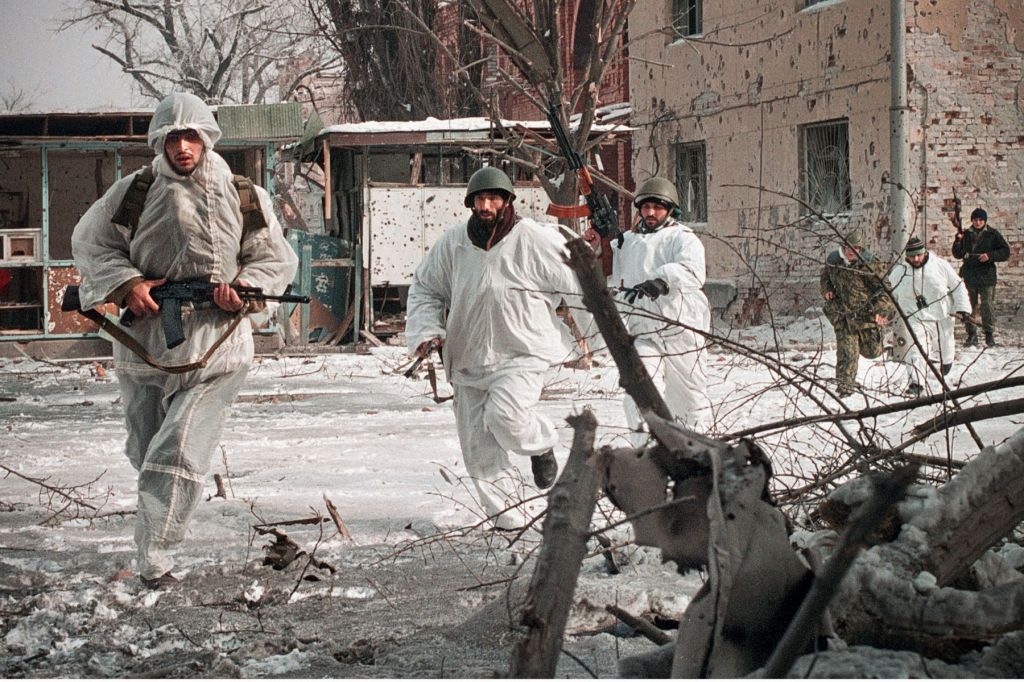
Would the collapse of the Russian Federation of which the exiles dream result in a similar bloodbath? Kuzakhmetov offers three scenarios. The first, and most optimistic, would be that every constituent region, republic and province of Russia peacefully agrees to separate from each other once the authority of Moscow disappears. “This empire is impossible to reform, it can be held together only by force — and who will keep the Chechens, Ingush and so on inside the Federation if the center collapses?” he says. The second scenario is a victorious assault all the way to the Kremlin by “Ukrainian forces and Russian volunteers.” The third, which Kuzakhmetov deems the most preferable, would be “the total occupation of Russia by NATO forces just as Germany and Japan were occupied after 1945.” Such a scenario would be triggered by Putin’s use of nuclear weapons, he says, and would therefore follow a western victory in the ensuing nuclear war.
So far, there is little evidence from inside Russia that the war has triggered any serious or even visible ethnic or regional tensions — though a handful of Chechens and other Caucasian troops, as well as Russian volunteers, are fighting as part of the International Brigades of the Ukrainian army. That’s perhaps surprising, because non-Russian peoples such as the Buryats, Chechens and Dagestanis have borne some of the heaviest losses in the Ukraine war — though on the other hand their economies have been lifted by high payouts for military service and death.
The supporters of the Republic of Ingermanlandia are all ethnic Russians — the native Ingrians having largely disappeared, along with their language. The Ingria Without Borders movement boasts around one-hundred activists, all in exile — though Kuzakhmetov claims that before the war the movement was about 1,000-strong in St. Petersburg. And he freely admits that his dream has limited popular support. “If we hold a referendum most people will vote to stay in Russia… but that is because Putin has killed democracy and we will need to wait for a post-imperial generation to grow up before we introduce democracy.”
Independence faces a similar democratic and demographic challenge in many of Russia’s notionally ethnic republics. Of the 19 percent of the Kremlin’s non-Russian subjects, about 5 percent are from nations which have their own statehood outside Russia — Ukrainians, Belarusians, Armenians, Azeris, Georgians, Tajiks, Kyrgyz and Koreans. And most of the remaining ethnic minorities are not a majority population even in their own notional republics. Russians make up some 86 percent of the population of Karelia, 80 percent of Khakassia and between 50 and 70 percent in Khanty-Mansi, Nenets, Komi Republic, Adygea, Buryatia, Udmurtia, Yamalo-Nenets, Altai Republic, Chukotka, and Mordovia.
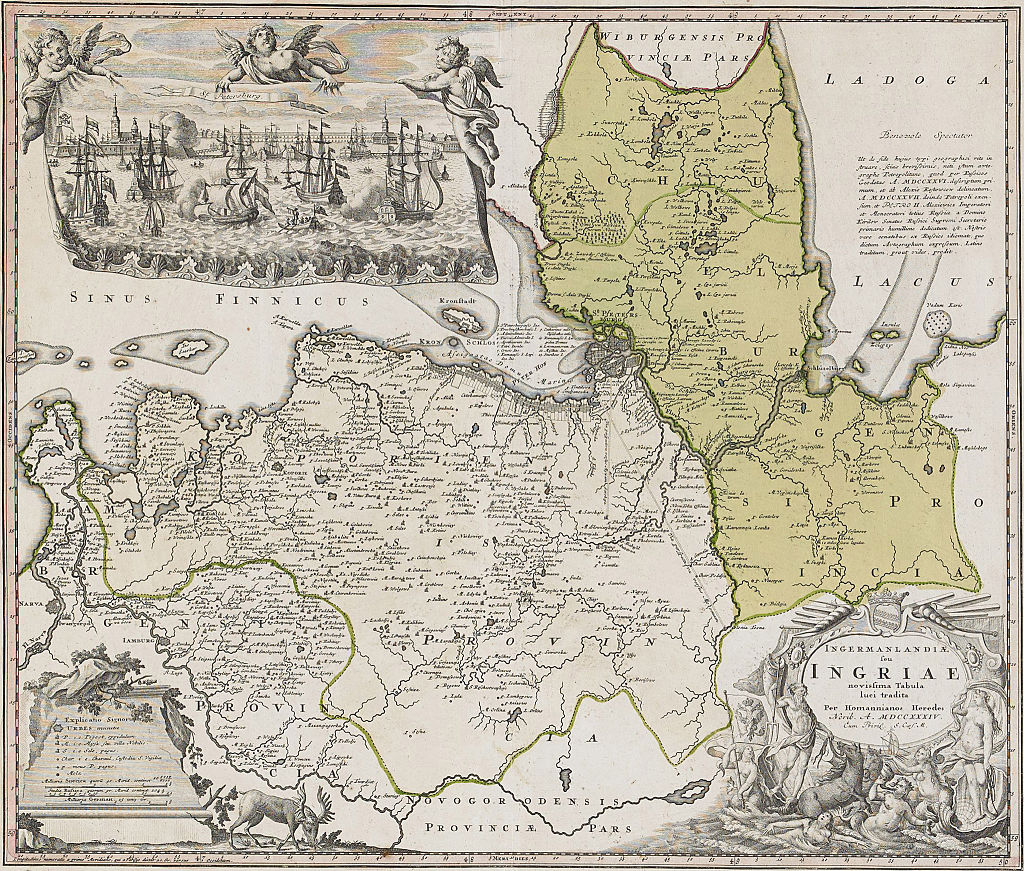
Then there’s the problem of economic viability. Most of Russia’s vast mineral wealth is indeed located in a handful of minority ethnic republics — coal and diamonds in Sakha-Yakutia, oil and gas in Komi, Yamal-Nenets, Nenets, Tatarstan and Bashkortostan. But all are functionally landlocked territories, wholly dependent on Russian pipelines and transport links for their connection to the outside world. The rest of Russia’s ethnic republics are among the poorest and most heavily subsidized by Moscow. While it’s conceivable that prosperous and highly educated areas immediately adjacent to Scandinavia and the Baltics might make their own way economically, the vast majority of Moscow’s subject peoples are isolated deep in the heart of Eurasia.
According to Vladimir Milov, a former deputy energy minister of Russia turned exile and opposition activist, talk of the collapse of the Russian Federation is not only unrealistic but actively dangerous. “Hothead ‘disintegrationistas’ voluntarily hand a powerful propaganda tool to Putin,” argues Milov. “The totally out-of-touch debate has already been happily picked up by Putin and his propagandists. It is very helpful for them to portray Russia’s aggression against Ukraine as a defensive act against western attempts to destroy Russia.” Furthermore, talk of regional separatism “will actually make the opposition less, not more, attractive in the eyes of Russia’s population — including ethnic minorities, many of whom do not want any secession,” he says.
‘If we hold a referendum most people will vote to stay in Russia… but that is because Putin has killed democracy’
Distinguished Russia watchers like the former Economist correspondent Ed Lucas counter that in the years prior to their independence in 1991 the activists of the Baltic states were small, fractious and rarely taken seriously — “Yet these governments-in-exile and diplomats without countries had the last laugh as communism collapsed.” Kuzakhmetov points out that in the mid-1930s nobody predicted the voluntary self-dismemberment of the British Empire that began a decade later.
It would be nice to believe that the poison of Russian imperialism could be removed from Europe’s body politic by a peaceful dissolution. Yet in practice there seems little real appetite among Russians — ethnic or not — for such an amicable divorce, much less any clear path for such a dissolution without a return to the bloodshed of the Russian Civil War (1918-22), which claimed more lives than World War One. And perhaps most tragically of all, despite a determined counteroffensive by the Ukrainians, Putin’s military machine as yet shows no signs of collapse — and neither does Putin’s resolve to hold on not just to his old empire but his bloodily won new territories too.
This article was originally published in The Spectator’s UK magazine. Subscribe to the World edition here.



